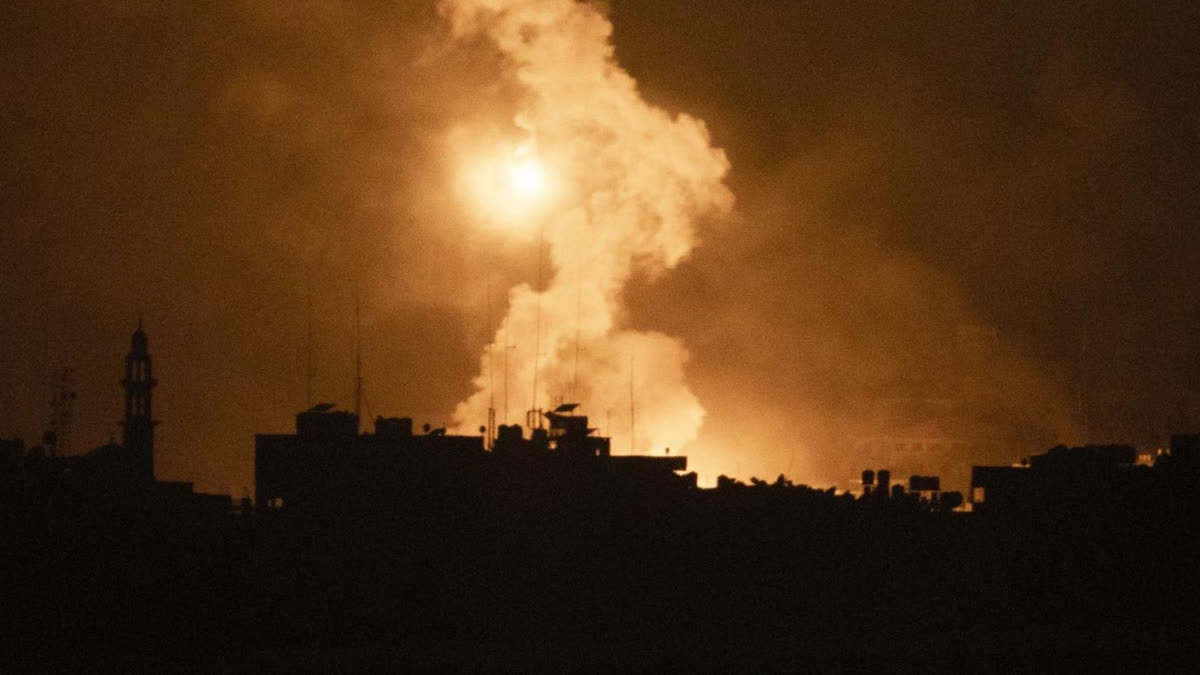Canberra : More than five weeks into Israel's war with Hamas, Prime Minister Benjamin Netanyahu has not outlined his future vision for Gaza. He has said many times the war will continue until Hamas is eradicated. But his battle plan for achieving that objective is far from clear. As calls grow louder around the world for a ceasefire, Israel is finding itself under increasing pressure to respond.
This is placing more scrutiny on Netanyahu's overall strategy for prosecuting the war and what could happen after it's over. Constantly in the background of Israel's military campaign is the fate of more than 200 hostages Israelis and other nationals held by Hamas. Netanyahu has said there will be no ceasefire until all the hostages are released. Hamas has responded that no hostages will be released in advance of a ceasefire.
Neither side shows signs of budging and Hamas has now suspended negotiations over hostage releases because of Israel's siege of Al Shifa hospital, Gaza City's main medical centre. Israel says a Hamas complex is hidden in tunnels underneath the hospital a claim Hamas denies.
Most of Gaza's population is now crowded into the southern part of the strip. Some of Hamas' key leaders are likely hiding there, raising another pertinent question as the war drags on. How will the Israeli Defence Forces (IDF) succeed in their mission of eradicating Hamas if its operatives are hiding among civilians in such a crowded area? Netanyahu has given no public indication.
Growing US-Israeli frictions- With so many key questions left unanswered, there is a growing disconnect between Netanyahu and the Biden administration in the United States. President Joe Biden and Secretary of State Antony Blinken have both said Israel should not reoccupy Gaza after the war. They have also indicated a preference for the Palestinian Authority, led by Mahmoud Abbas, to extend its authority to Gaza after Hamas' removal.
By contrast, Netanyahu has said Israel will need to retain control over security in Gaza after the war. Moreover, he has rejected the Palestinian Authority as a successor administration to Hamas for various reasons, including the fact it has not issued an unequivocal condemnation of Hamas' attack on Israel.
